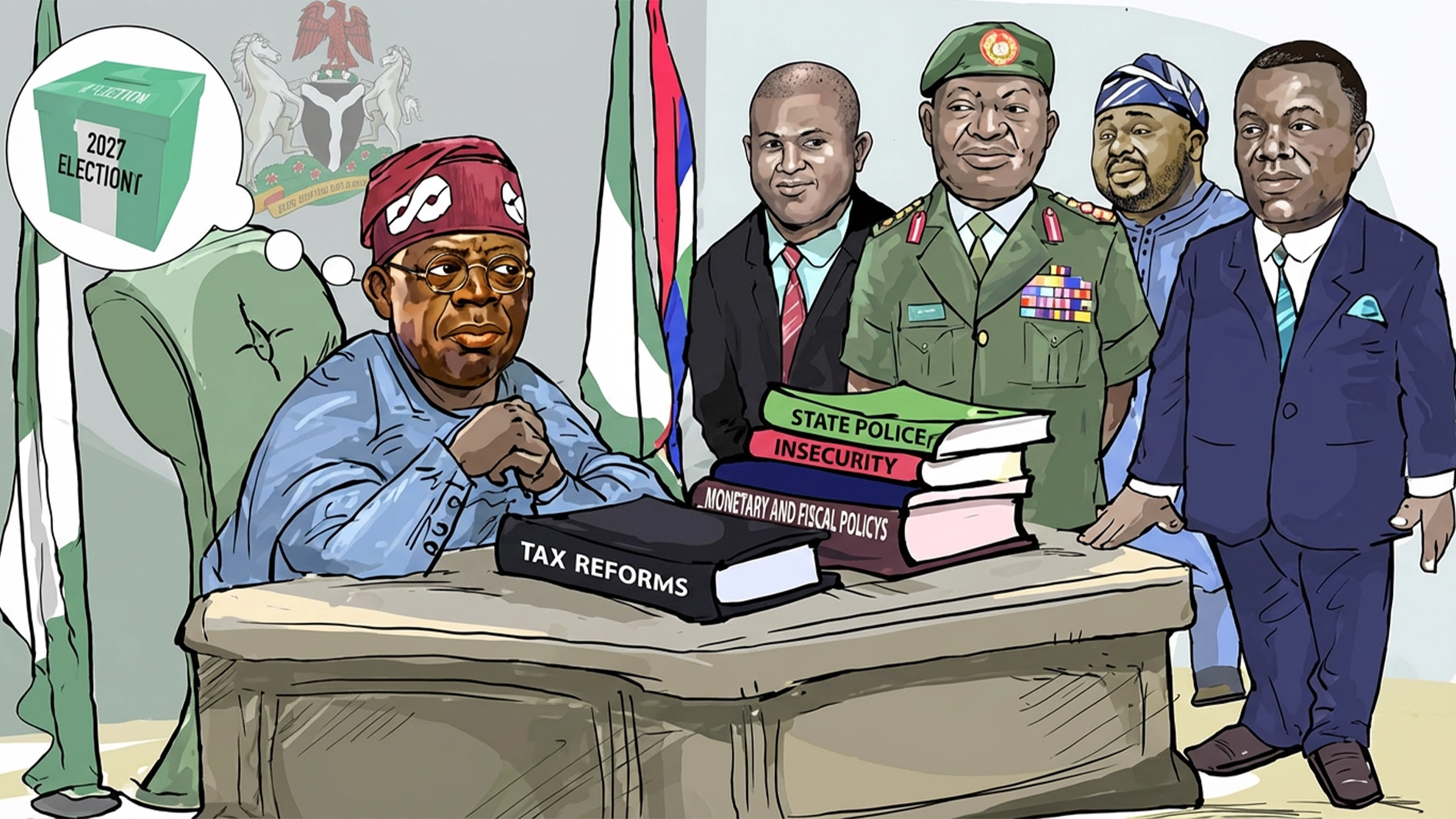The Constitutional Review Committee of the House of Representatives, chaired by Deputy Speaker Benjamin Kalu, has proposed sweeping amendments to the 1999 Constitution aimed at curbing presidential powers, reforming the electoral process, and deepening inclusivity in governance.
Among the key proposals is the removal of the President’s power to proclaim the National Assembly, transferring this responsibility to the Clerk of the National Assembly. The same provision would apply to state legislatures, where clerks would proclaim Houses of Assembly, taking the power away from governors.
The committee is also recommending reforms to guarantee that any elected member with a valid Certificate of Return from the Independent National Electoral Commission (INEC) is immediately sworn in and allowed to assume office without delay, removing potential bottlenecks by presiding officers.
Another significant proposal is the creation of a Political Parties Registration and Regulatory Commission (PPRRC), which would take over INEC’s role in registering and regulating political parties, leaving INEC to focus solely on election management.
The committee also seeks to alter sections 84, 153, and the Third Schedule of the Constitution to mandate that all elections—presidential, governorship, and legislative—be held on the same day to streamline the process and reduce administrative costs.
On inclusivity, the committee has proposed the creation of 108 additional seats in the National Assembly to be exclusively occupied by women—one additional senator per state and the FCT, and two additional members of the House of Representatives per state and the FCT. At the state level, each House of Assembly would have at least one woman per senatorial district.
Other proposals include the creation of local government election tribunals, increasing the membership of the Code of Conduct Tribunal to meet federal character requirements, designating the Court of Appeal as the final appellate court for some election petitions, and introducing time-bound procedures for appointing new Supreme Court justices to reduce judicial delays.
In addition, the committee has converted 46 requests for state creation and 117 for new local government areas into bills for further consideration. Its work covers 13 thematic areas, including electoral and judicial reforms, devolution of powers, security, fiscal federalism, citizenship and indigeneity, traditional institutions, and strengthening governance structures.
Stakeholders’ engagements on the proposed amendments are scheduled to begin Monday, after which the House will deliberate and pass the final set of bills.






